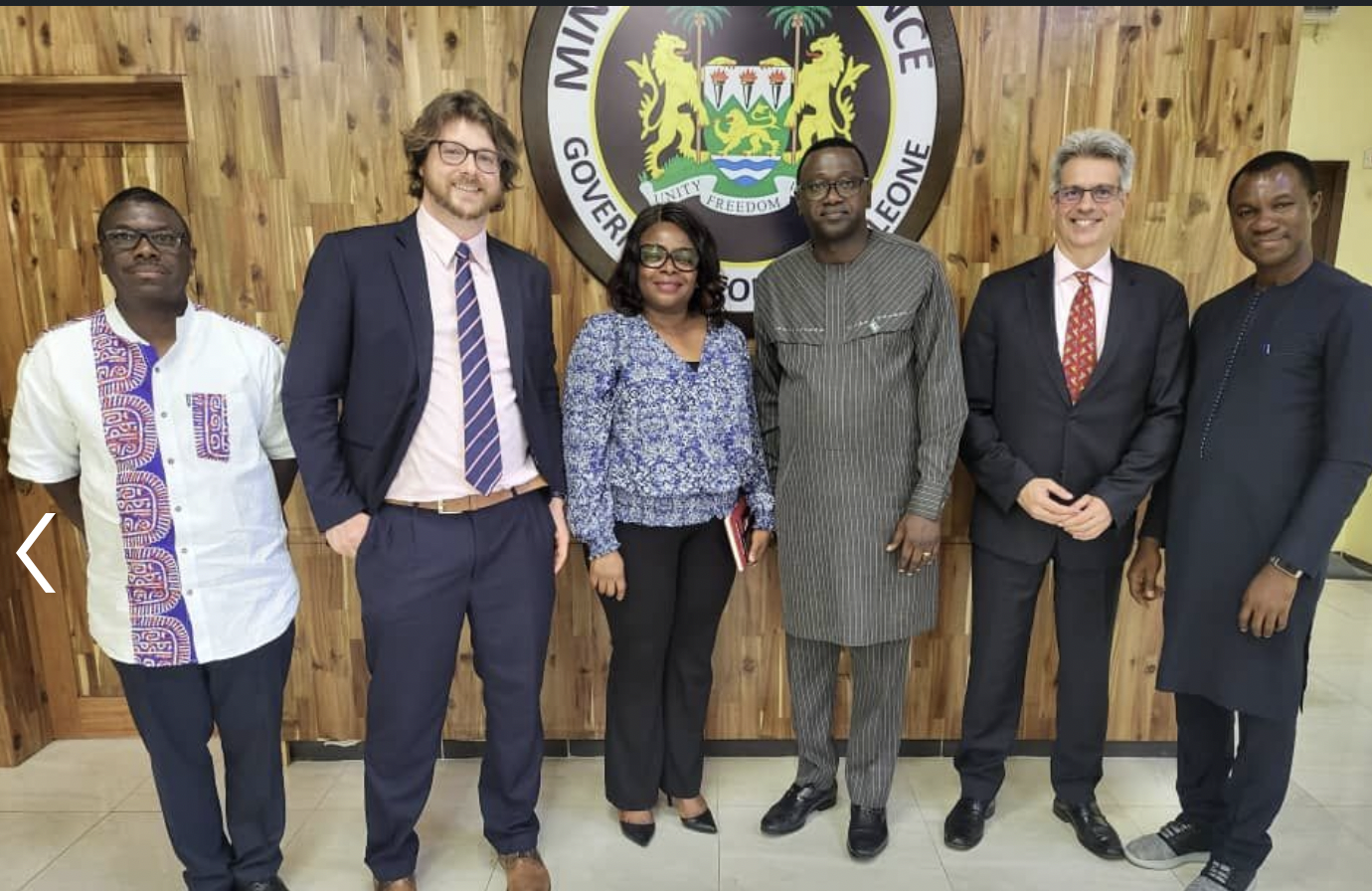Sierra Leone shows strong political leadership to explore the Debt Swap instrument and holds a workshop to discuss next steps with key stakeholders from the Ministry of Finance, Ministry of Health and the Global Fund
Sierra Leone is exploring innovative methods to increase the budgetary allocation for its health sector, and one mechanism that has shown potential is through debt swaps. Debt swap in health, also known as the debt2health program, refers to a situation in which a creditor country forgives the debt of another country on the condition that the latter invests the repayments in mutually agreed health system outcomes. To take this forward, a debt swap workshop was organized in Freetown last week by the Global Fund, which was attended by key stakeholders from the Ministry of Finance, Ministry of Health and Sanitation, Central Bank, and the Legal Unit of MoF. Rafael Molina, an experienced advisor on public-sector debt challenges, facilitated the event. The MoF and MoHS provided strong leadership support for this instrument by sending their leaders to the workshop.
Why debt swap?
Debt swaps can create more fiscal space in the budget for health by redirecting payments that would have gone to creditors to health, potentially helping Sierra Leone meet the regional target of allocating 15% of the budget to health. They can also attract additional funding from other donors and serve as Sierra Leone’s co-financing portion for grants from the GF. This effort to use debt swaps will be combined with ongoing efforts to increase efficiency in health spending.
Next steps?
Sierra Leone has now entered the proposal writing stage following the conclusion of the workshop.
Note: We will keep following the process and provide updates as the process moves along.


